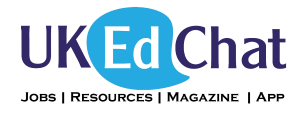There are so many specific learning difficulties in terms of literacy. One such difficulty is dyslexia, which can affect learners significantly in terms of their personal and professional lives if not addressed. In this blog, I will compare and contrast the strategies used to develop literacy skills within the context of dyslexia support. Please bear with my ramblings!
To summarise, dyslexia is an information processing difficulty which can affect aspects of working memory, phonological awareness, sequencing and visuomotor skills (Bartlett, D 2000). Working memory stores the information we need to keep in our minds for a short period of time. For example, when meeting someone for the first time, we need to remember their name. The retaining and manipulation of information in the mind can prove challenging for the dyslexic person. In terms of phonological awareness, dyslexic learners may have difficulty decoding the phonological segments of words and of associating letters to sounds and sounds to letters (ibid). Sequencing is needed to recognise the order of letters in a word and the order of sounds in these words. Examples of sequencing difficulties are reciting the alphabet and following instructions. Visuomotor skills are used in tasks such as writing, copying and orientation (ibid). The reversal errors of misplacing b with d are argued to be due to poor visuomotor skills.

